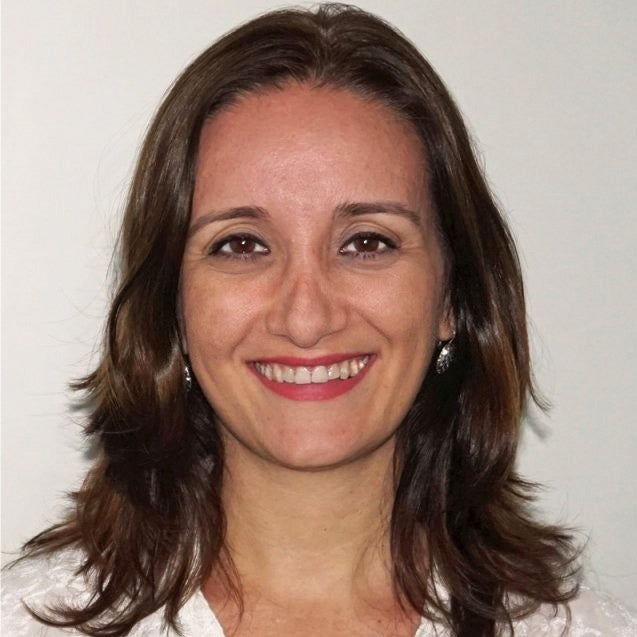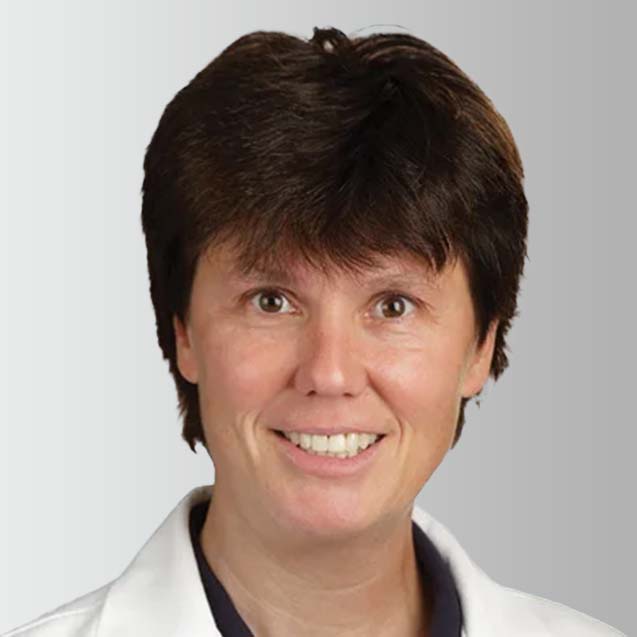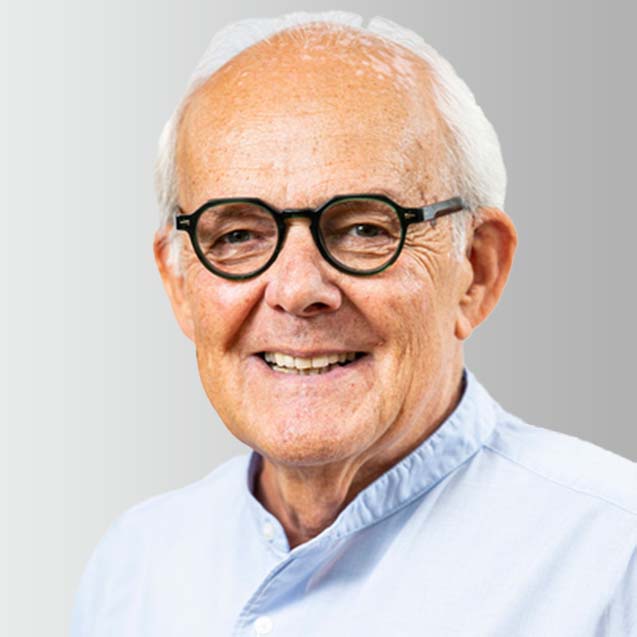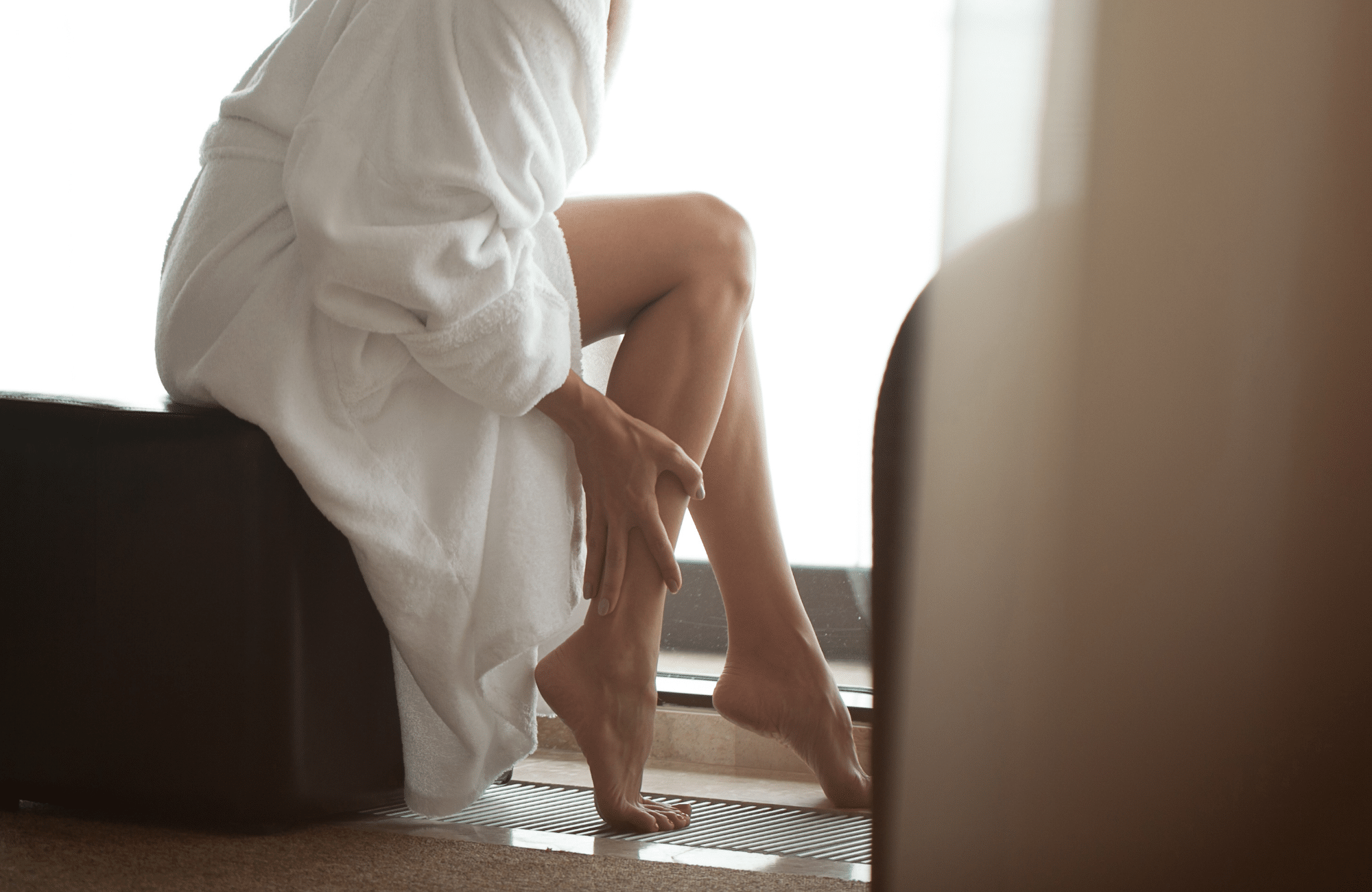Clinical Results
Flyte® is backed by strong clinical evidence - more than most conservative therapy devices
Flyte® was studied in patients with stress urinary incontinence (SUI) in two key studies including a 60 patient study in Norway and a 119 patient study in the U.S., one of the largest of its kind for an in-home treatment. Both studies used pad weight - a very objective measure - as the primary outcome measure. Both studies also looked at quality of life and long-term durability (whether the treatment lasts even after you stop using Flyte).
In both studies, Flyte® demonstrated continence rates and durability comparable to surgery in only 5 minutes per day for six to twelve weeks.
Whether you have occasional "nuisance" leaks, or if your SUI is more severe and you're considering surgery, Flyte® is the clinically proven treatment option.
Single-Center Study at Arctic University of Norway (60 patients)
- Patients had on average over 9 years of symptoms and had been recommended for surgery prior to the study.
- 82% of patients were continent at 6 weeks.
- 77% of patients reported continence at 2-year follow-up (36 patients responded).
- All patients who tried Flyte were able to avoid surgery at the 2-year follow-up.
Multi-Center, Randomized, Double-Blind, Controlled Study in United States (119 patients)
- Included women with the highest level of severity SUI.
- 71% of patients reported dry or near-dry results by 12 weeks — 37% of patients reported dry or near-dry results in as little as 2 weeks.
- Over 90% of women said Flyte® is simple and easy to use (106 women surveyed).
- Flyte® demonstrated effectiveness for mild, moderate, and severe stress urinary incontinence (SUI).
- 2-year follow-up showed continued improvement in quality of life (34 patients answered survey at 2 years).
Flyte® is proven to improve the quality of life for women with SUI
90%
of users said Flyte® is simple and easy to use (106 women surveyed)
87%
of users said Flyte® was useful (106 women surveyed)
83%
of users would recommend Flyte® to others (106 women surveyed)














